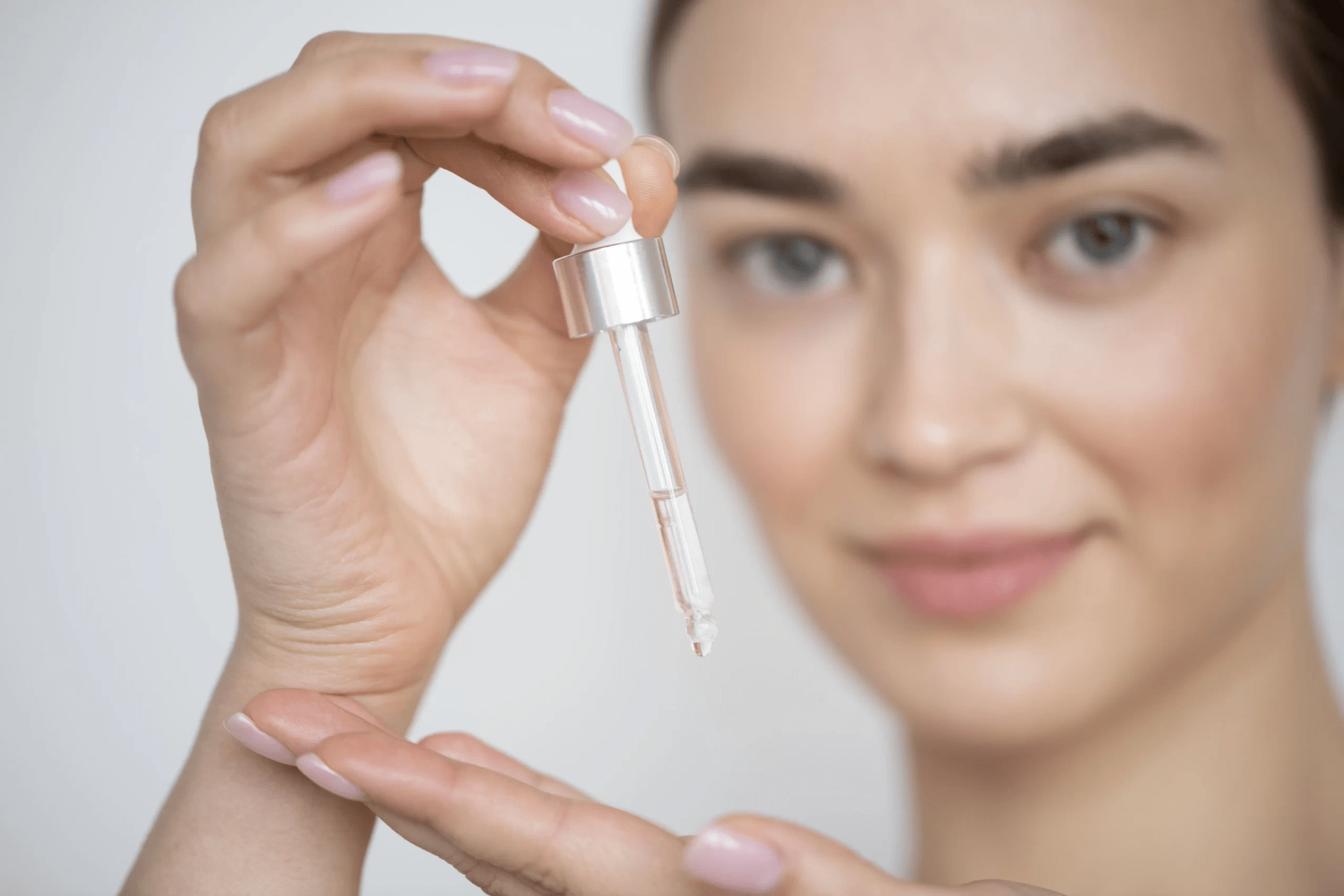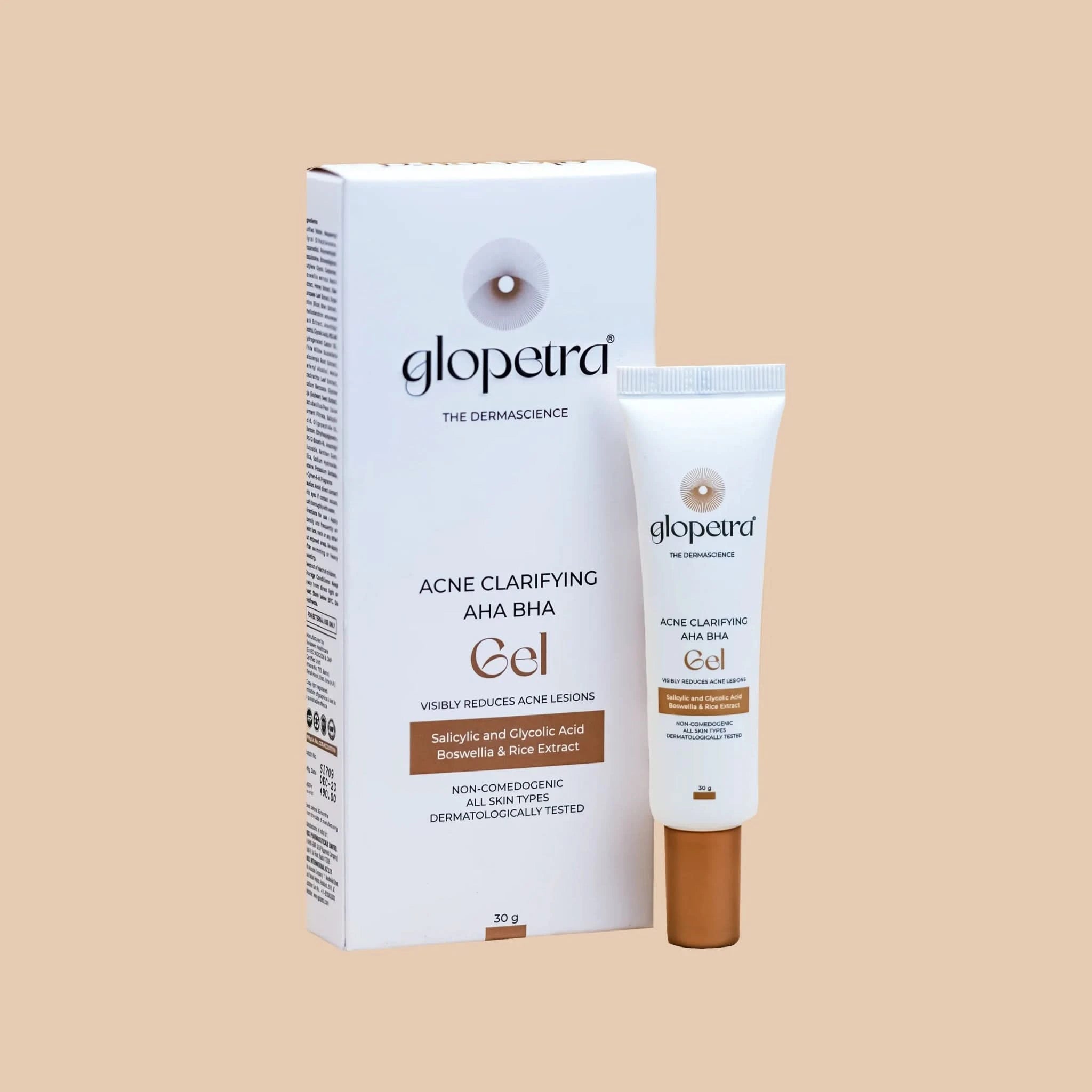
Retinol Serum Benefits on Skin
Retinol Serum Benefits on Skin - Retinol is a form of Vitamin A, used as an ingredient in skin creams, lotions, and serums. It can help to clear acne and has anti-aging effects. Products containing retinol are widely used and have become popular in the last few years due to their positive results. In this blog, we are going to discuss the Retinol Serum Benefits on Skin. Stay Tuned to know more information!
Retinol has many potential skincare benefits. However, there are also some side effects to consider, here you will discover whether you should incorporate retinol into your skincare regimen or not and its benefits.
What is Retinol?
Retinol is a synthetic derivative of Vitamin A with many uses in skin care, has anti-aging effects, and is used to treat acne. Retinol is a topical treatment that you can apply to your skin. It comes in many forms including creams, gels, ointment, and serums, also used as an ingredient in various cosmetic products.
How it Work
Retinol helps neutralize free radicals in your skin and helps to reduce the appearance of wrinkles and enlarged pores. It helps to unclog pores, increases skin cell production, and exfoliates your skin. It increases collagen production which can reduce the appearance of fine lines and give your skin a fresh and plump look.
Major Retinol Serum Benefits on Skin
Some of the key benefits of retinol serum on the skin include:
Acne Treatment
Retinol is a powerful acne treatment that works well for non-inflammatory and inflammatory acne. It reduces the growth of new pimples and acne imperfections. If you have acne, using a retinol serum in your skincare routine will unclog your skin and clear your skin. It reduces oil production to prevent acne by preventing oil from clogging your pores.
Reduces fine lines and wrinkles
Retinol combats aging reduces the visibility of wrinkles & fine lines, protects against sun damage, eliminates dark spots, gives your skin strength and maintains its firmness, and increases collagen production.
Brightens the skin
Sun damage, stress, unhealthy lifestyle choices, or environmental pollution can contribute to dull skin, retinol helps to brighten dull skin. It reduces the production of the dark pigment melanin, increases skin cell turnover, and makes skin more radiant & healthy-looking.
Evens out skin tone
Retinol helps to reduce hyperpigmentation, acne scars, and dark spots. It exfoliates your skin and accelerates skin cell turnover. When using retinol serum your skin texture will also improve and encourage the development of collagen and elastin.
Exfoliate skin and balance skin hydration
Retinol works as a gentle exfoliant on your skin helps to remove the top layer of dead skin cells and provides a smooth texture and balanced skin tone. Retinol is effective at restoring natural moisture because it prevents moisture loss through your pores. It balances out the hydration, that prevents subsequent outbreaks.
Reduces Dark Spots
Dark spots can develop due to sun damage to your skin, if you have dark spots on your face, hands, neck, or arms, retinol lightens these skin spots, although it takes time and can be irritating to your skin. We recommend you discuss this with your healthcare provider or dermatologist before using any serum that contains retinol.
Improve skin texture
When using a retinol serum your skin texture will improve, encourages the development of collagen and elastin, and helps to improve skin texture and tone. Retinol has anti-acne properties which help to reduce and prevent acne scars and improve skin texture.
Side Effects of Retinol Serum
There are various side effects of retinol serum, some of them are:
- Dry, irritated skin
- Itching or burning
- Peeling
- Redness
- Discomfort
- Flaking and peeling of the skin
- Increased sensitivity to the sun
- Breakouts
- Scaly patches
Is Retinol Good for Your Skin?
Retinol is a powerful ingredient against aging skin and acne, but it is also not suitable for everyone if you have sensitive skin and are prone to allergies you should avoid products containing retinol. Be sure to use sunscreen after applying Retinol because it makes your skin more sensitive to sunlight.
Frequently Asked Questions About Retinol Serum Benefits on Skin
Question 1. What are the key benefits of Retinol Serum?
Ans. The key benefits of retinol serum are Treating acne, Improving the skin's overall appearance, Reducing photodamage, Exfoliating, and Increasing collagen production, Increasing skin cell production.
Question 2. What are the side effects of Retinol serum?
Ans. There are several benefits such as Dry, irritated skin, Itching or burning, Sunburn, Redness, peeling, flaky, or scaly skin, etc.
Question 3. Is it good to add retinol serum to your skincare routine?
Ans. Retinol serum promotes skin cell turnover, it helps to fade hyperpigmentation, dark spots, age spots, and acne scars. If you use it the right way it can offer positive and efficient results.
Question 4. Does retinol help to brighten the skin?
Ans. Retinol helps to brighten dull skin. Dull skin can be caused by various factors such as stress, sun damage, poor lifestyle habits, or environmental pollution. It calms down the skin cells that produce melanin.
Question 5. How can you manage the side effects of retinol?
Ans. You can manage the side effects of retinol by making small adjustments to your skincare routine that may reduce the redness and irritation that can come with retinol, Use only one retinol product at a time, Use retinol every other day rather than every day, Wait 30 minutes after washing your face before applying your retinol product, use sunscreen after using retinol serum, Avoid retinol products if you have a sunburn, broken skin or other skin irritations.
Question 6. Why face become darker after using Retinol?
Ans. This happens because when you use retinol it makes your skin more sensitive to light if you are regularly exposed to sun without applying any effective skin protection such as sunscreen, it will cause tanning.










